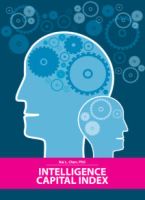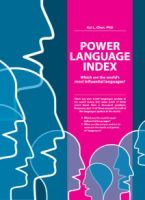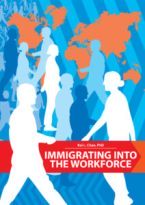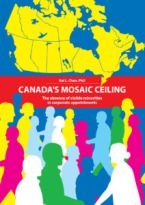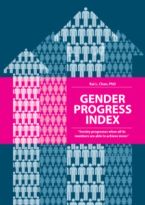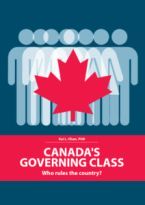
Religion can blind followers to the truth
I am secular. In a society that is very religious this is an invitation for scorn.
I was not always secular, however. I was once a devout Christian. Up until my eighteenth birthday I would have described myself as a believer.
I had started going to church as a young lad because my parents were too busy working to take me out. So when local church officials came knocking on my door and asked if I wanted to go to Sunday School – where there would be other kids to play with and, best of all, free food – I acquiesced.
I was a very committed Christian. At one time I led the church youth group and headed a Bible study unit. Just as much, my social values were conservative: I summarily opposed abortions; I thought homosexuality was wrong. These were the norms I was taught at church.
Now I see religious intolerance as one of the great challenges for a pluralistic and compassionate society. I say this because I see how religion is oftentimes used as a veil for hate: How is denying human rights (i.e., marriage) to gays seen as moral? Likewise, is it just to bring a child into the world with full knowledge that she will be destined to a life of despair?
Nevertheless, I am thankful for many aspects of the church, including having instilled many good principles in me. But now I see fundamentalist religious prejudice as a threat to human dignity, a dignity that is inalienable and should not be trumped by religious dogma.
Given my roots in Christianity, a question that arises, then, is what led to my change. The seeds of doubt on the verity of religion were planted in me when I read “Night”, by Nobel laureate Elie Wiesel, and drew from there parallels in my life. (And now with the Stanley Cup collecting dust this spring, I am convinced that a fair, just and omnipotent supreme being does not exist.)
Wiesel, a Holocaust survivor, wrote of his and his father’s ordeal in the Nazi concentration camps in his book “Night”. Throughout his ordeal in Auschwitz he struggles to preserve his life and to save his sick and frail father, whom, under the conditions of the death camps was a burden on him. After seeing the evil that humans are capable of he has no choice but to question his faith: “Never shall I forget those moments which murdered my God and my soul and turned my dreams to dust. Never shall I forget these things, even if I am condemned to live as long as God Himself. Never.” But with Job-like stubbornness he still would not disavow God: “I did not deny God’s existence, but I doubted His absolute justice.”
Then I read Descartes’ thought experiment – “I think, therefore I am” – in which he forces himself to question everything he believes. As a person with an affinity for knowledge, I could not deny the weak foundations of faith. Faith is belief is things without evidence, and my intellectual persona would not allow evidence to succumb to faith. I found religion as a roadblock to learning: It orders you to stop asking and to blindly accept dicta. Ultimately, the tyranny of facts made me lose my religion.
I still maintain some friends from my days in the church, although I find some of them not true to the Scriptures. The love and fellowship that is preached often only extends to those within their own circle.
Yet, I was probably happier when I was religious. Perhaps this is why some people choose to believe in religion – strategic ignorance of facts that would otherwise undermine happiness is an optimal strategy.
Nevertheless, I questioned my worth after losing my religion. Like John Proctor, the protagonist in “The Crucible” (Arthur Miller), I struggled to find my goodness. In the end, I discovered it through good deeds. The secularists’ morals are rooted in humanity and not fear of retribution or promise of reward.
Absence of, as Dean Hamer of Harvard labels it, the “God gene” – a gene which predisposes those with it to a greater propensity to seek spirituality – does not preclude the “goodness gene”.
Kai Chan is an economics graduate student from Toronto, Canada.
(My preferred title for this is “Losing my religion.”)
The Daily Princetonian “Religion can blind followers to the truth”
Published: Wednesday, April 6th, 2005

